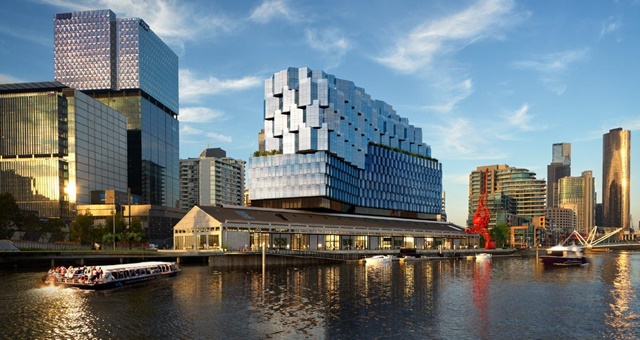Hotel asset management firm Axsia HTL is predicting a drop off in hotel management agreements (HMAs) in 2024 and beyond as more owners opt in favour of franchise agreements, which are predominate in the US market.
While big brands remain powerful in the Australian market, Axsia HTL claims they are growing fast and are “too stretched to provide the necessary support” to ensure each hotel is reaching its potential.
“Ask anyone at Axsia HTL if traditional hotel management agreements are fit for purpose in the current environment, and they’ll immediately answer ‘no’,” said Axsia HTL Managing Director, David Simpson.
“We really believe in the power of franchise agreements, and our clients are increasingly in agreement with this.
“They realise they need the brand and distribution strength but also the autonomy to create and execute their own strategy. Franchising can provide that, and it can ultimately lead to better financial yield.”
Simpson said some there are now more flexible franchising options available, such as employing an experienced operating team or hotel asset management company to manage the property, and manchise agreements, where a brand management contract can be converted to a franchise agreement once stabilisation has been reached.
Axsia expects 2024 will be another bumper year in the Australian landscape, with RevPAR figures and room rates predicted to go from strength to strength.
“STR’s 2024 outlook data suggests all of Australia’s capital cities are experiencing strong ADRs through the end of 2023 and that this is set to continue into the coming year, with occupancies following,” said Simpson.
Axsia HTL attributes this to the return of international business and corporate travellers, the resumption of traditional high and low seasons and a consumer willingness to pay more for an accommodation experience.
“Gen Z and millennial travellers are finding themselves priced out of the property market and instead are spending on travel and experiences,” Simpson said.
“At the same time, the quality of the product available in the Australian landscape is growing by leaps and bounds, and consumers are enticed by this.”
Simpson believes owners and developers that lean into the wants and needs of Gen Z and millennial travellers and provide an exceptional experience, will be able to charge higher rates.
“It’s an ecosystem,” he said.
“Especially when it comes to Gen Z and forecasting how to appeal to this demographic that will be even more cashed up and ready to spend on travel in 10 years’ time. Owners and developers that are smart are playing into this and partnering with brands that will speak to these travellers in the future.”
Lifestyle brands will be most popular with these demographics, Axsia HTL says.
“While the big brands have an enduring reputation, they are becoming saturated and aren’t delivering what modern travellers want, namely a connection to place and an authentic experience,” said Simpson.
“Whereas new lifestyle brands like Treehouse, Ace, 1Hotel, Mondrian, Standard, 25 Hours and The Hoxton, to name a few, are, which is why we expect them to be popular throughout 2024 and beyond.”
The firm also said interest rates, building costs and LVRs will continue to influence new stock and opportunities in the Australian market.
“Hobart, Melbourne, Adelaide, and Perth have seen an influx of new stock over the past three years,” Simpson said.
“However, these markets, particularly Melbourne, still have a number of projects that were conceived during Covid in the pipeline and that we anticipate won’t come to fruition, thanks to higher interest rates, higher building costs and lower loan-to-value ratios.”
In Melbourne, in particular, Axsia HTL forecasts that while land banking might happen, developers may start to sell, presenting opportunities in the city.

